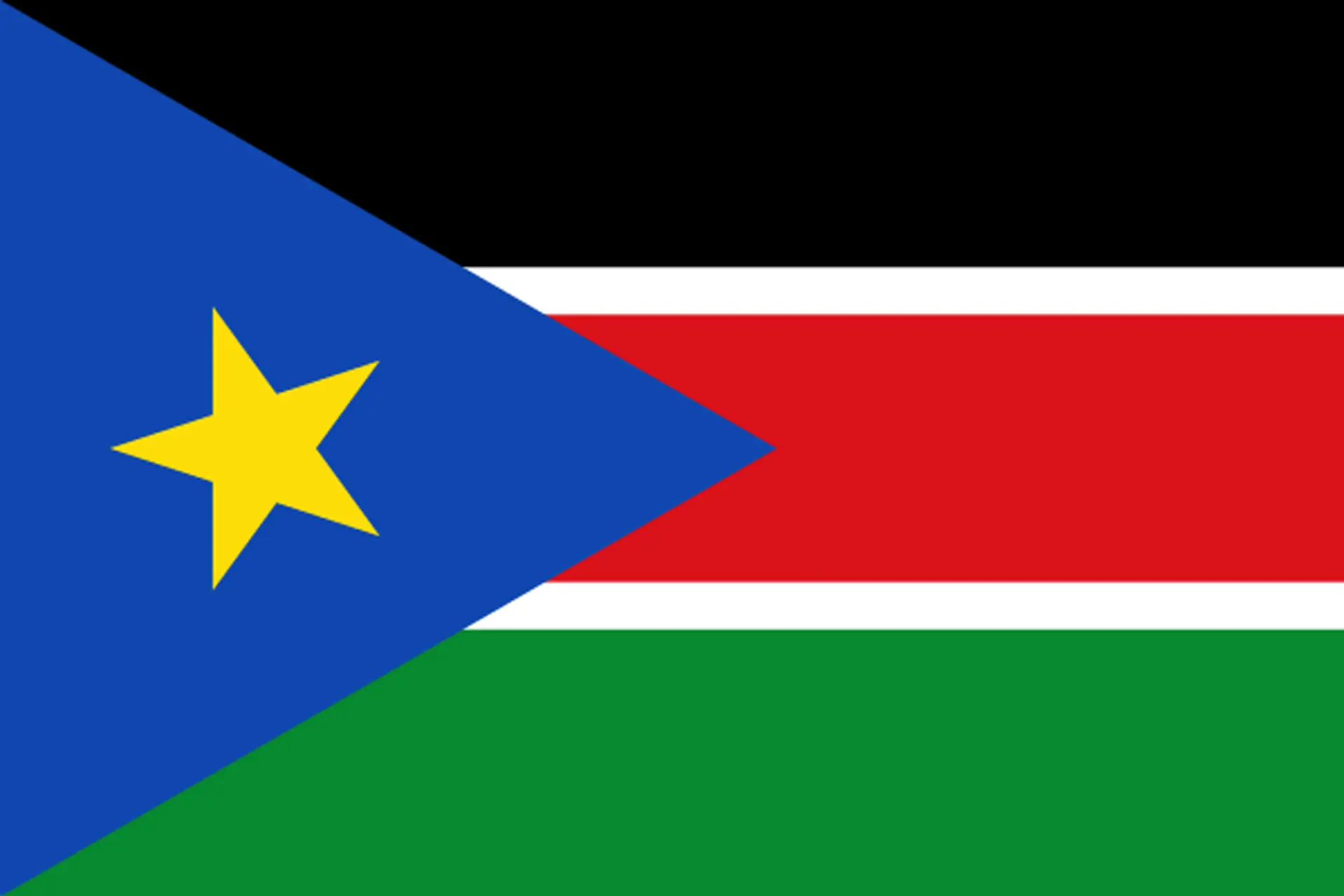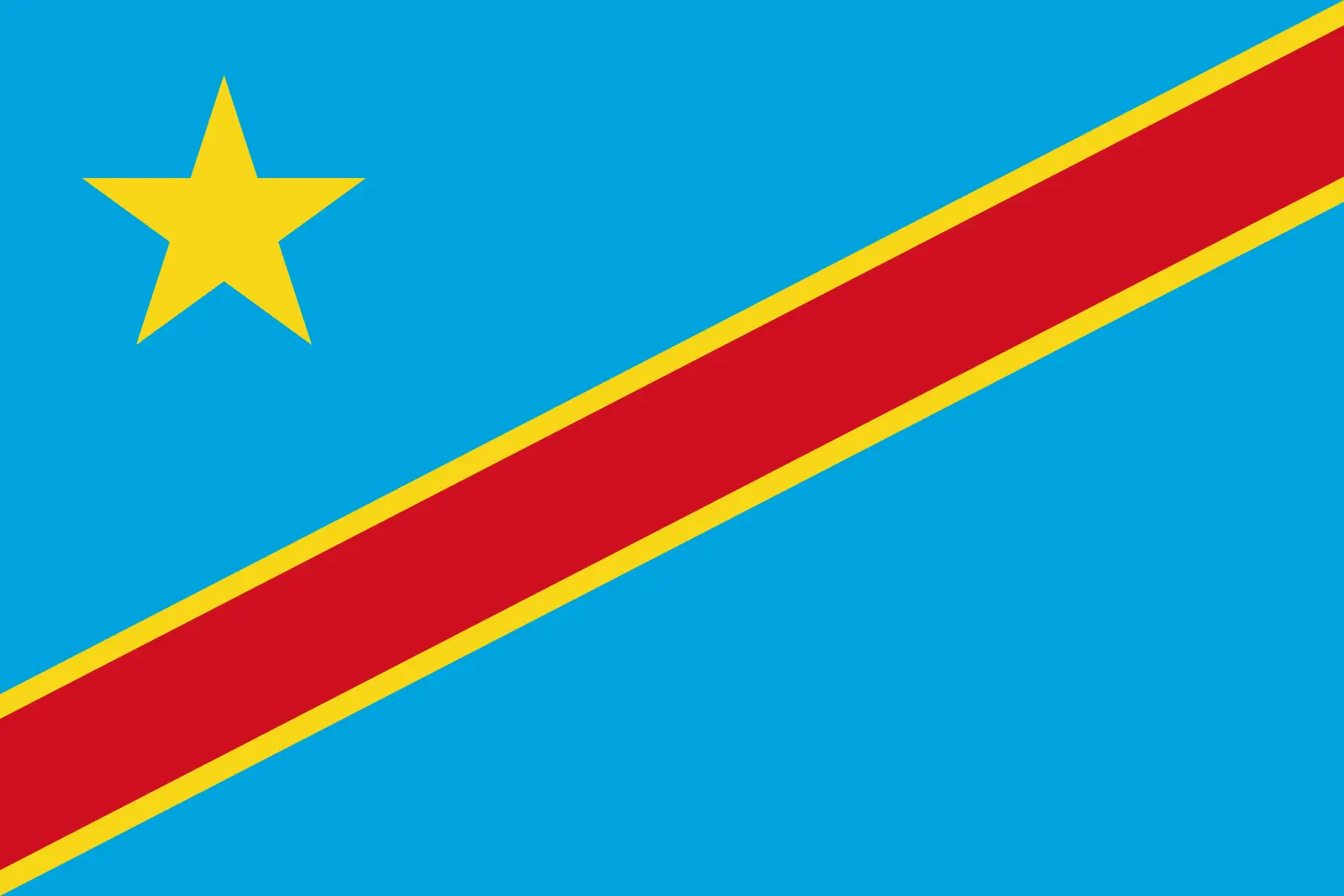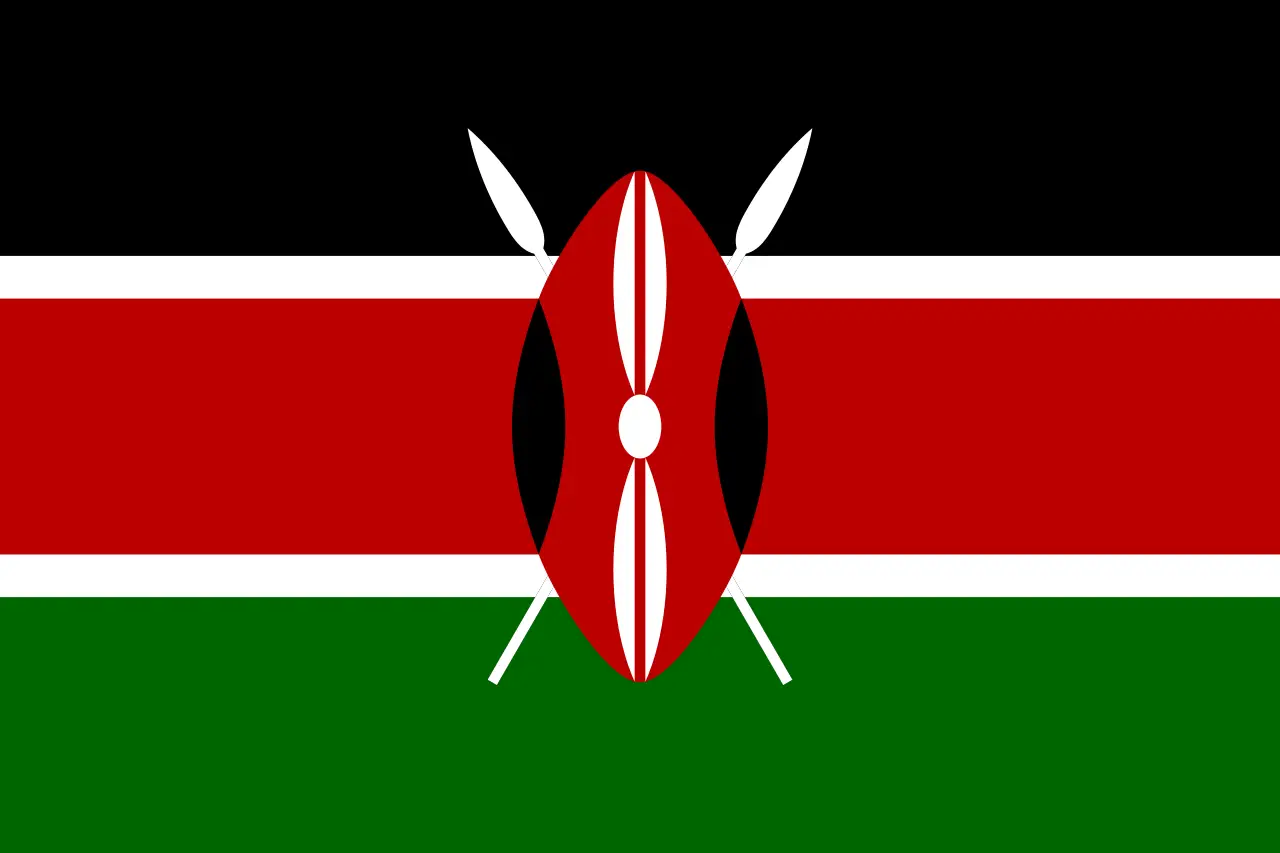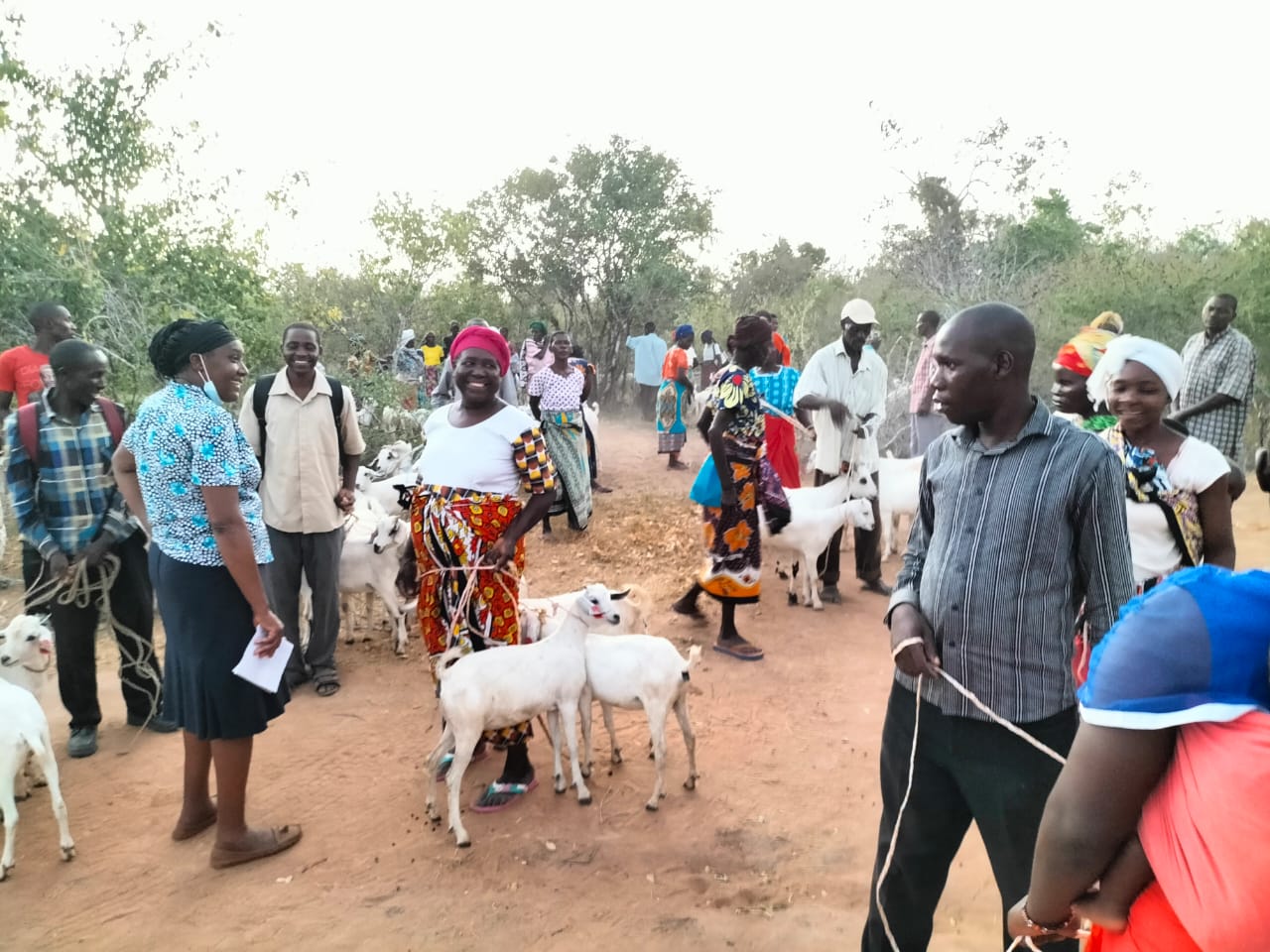ALARM Kenya, in partnership with Kenya Community Development Fund (KCDF), is working alongside vulnerable women by empowering them through capacity building in animal husbandry skills, kitchen gardening, group management training, and trauma awareness. These women are trained and then gifted 3 goats to use for income generation and wealth creation. The goal of this 1-year project is to create alternative income generation activities that will improve food security and strengthen agribusiness. In the first quarter of 2022, 70 women have been trained in leadership skills and group management. In March, 50 individuals were trained in kitchen gardening. Because kitchen gardening requires minimal amounts of water, these individuals can increase production despite the lack of rainfall in the area. 156 goats were distributed among 64 women. Each woman received 2 female goats and shares 1 male goat with another community member. As each woman’s first doe is kidded, it is then gifted to another community member along with training in agribusiness and goat farming. This approach fosters community development and sustainable income generation.
Kenya: Promoting Sustainable Livelihoods for Women in Kilifi County
- Home
- Kenya: Promoting Sustainable Livelihoods for Women in Kilifi County
Follow Us
Contact Us
Subscribe to Our Newsletter
About US
Our Work
Where We Work























